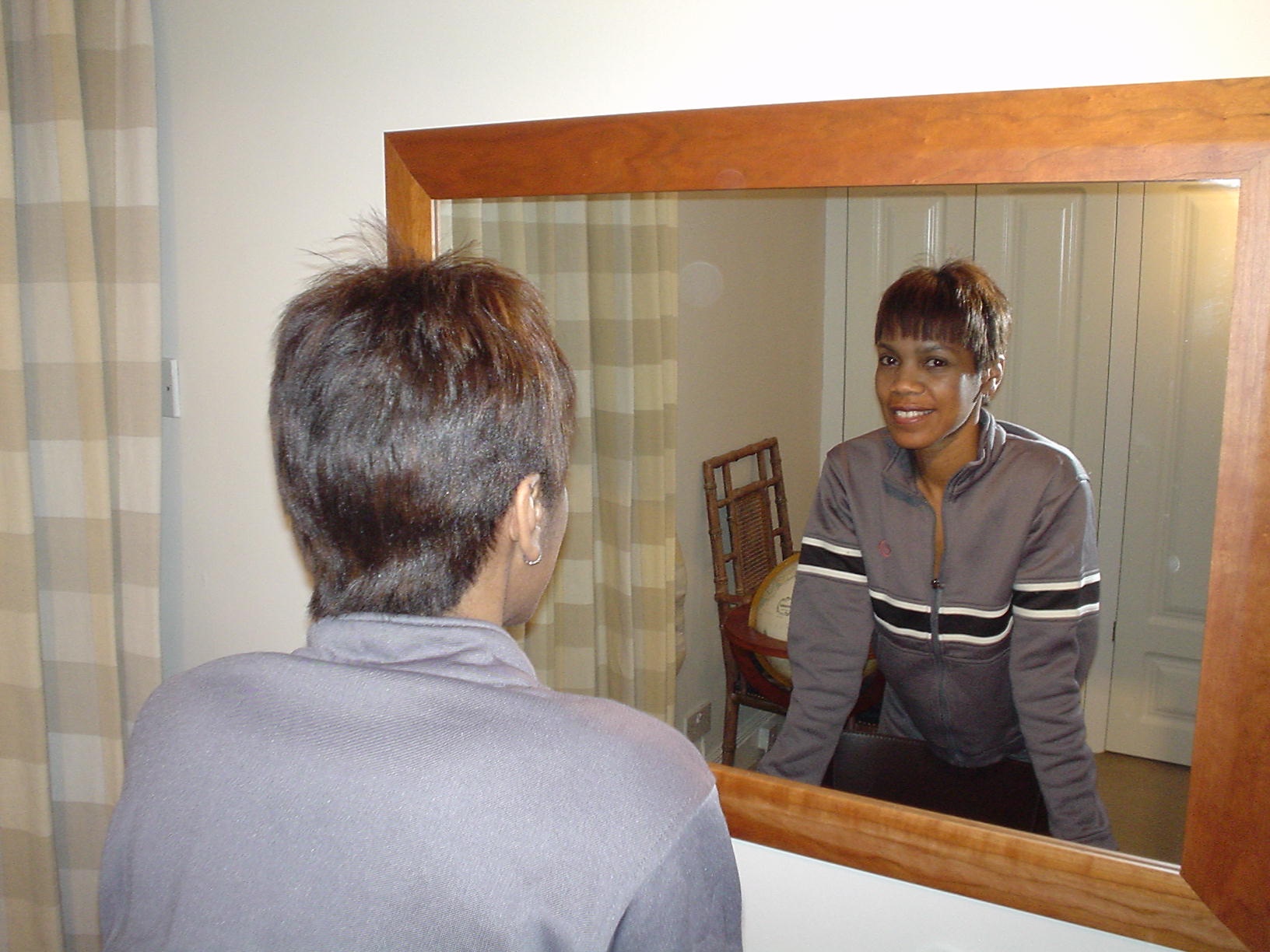Sixty Years On: How is Afro Hair in UK?

Today, the Queen marks the 60th Anniversary of her accession to the throne. On February 6, 1952, the young princess would suffer the loss of her 56-year-old father and find herself wearing the mantle of England’s highest public servant at the tender age of 25.
As I watched the footage of a poised young woman with coiffed hair, the epitome of an English woman’s hairstyle in 1952, I wondered about the hair of the women who had migrated from the Caribbean to England. Was professional hair care available to them?
According to the Moving Here website, which looks at a history of migration, it was difficult for a black woman to maintain her hair in the UK in the 50s. Unfortunately, this meant many women cut their hair off or ended up doing it at home, not necessarily caring for it properly.
When Beryl Gittens, a trained hairdresser, planned her journey to Britain from Guyana, her uncle advised her to ‘walk with her pressing comb’. Good thing she took heed because when she arrived she found virtually nowhere to get her hair done.
The Trinidadian pianist, Winifred Atwell, established a salon in Brixton in the late 50s to train English women how to style black hair. And in 1962, Mrs Gittens opened a salon on Streatham High Street, one of the first black hairdressers in London, Beryl’s Hairdressing Salon.
Fast forward forty something years when I relocated to London in 1998, though the situation had improved greatly, I moved from salon to salon, feeling a bit peculiar, as people explained that they didn’t know how to do my kind of hair. And when they did, they seemed to have outdated ideas about how much oil to put in it, for example.
It took me a few years to land safely with Joy Miller, co-owner of the award winning Junior Green Afro Hair Salon in Knightsbridge. A leader in Afro hair care, the trendy salon serves clients from all over the UK and from Europe and other countries. Although such salons are not necessarily rare anymore, they don’t come a dime a dozen like their European competitors.
New comers or business women can still find themselves in a pinch, depending on where they live. Many drive a couple of hours to London to visit a salon. One woman who lives in Berkshire told me she used to drive hours to Birmingham every two weeks to get her hair done, but now she comes to London instead. Another came up from Exeter to Bristol.
Why? What’s hair got to do with it? Everything! I believe it can be a woman’s greatest expression of her personal style, though some of the choices we make about our hair are subjected to political scrutiny. The truth is most of our choices, if not all of them, come down to practicality.
For instance, most of us straighten our hair to make it more manageable! Not to look and behave more European, whatever the political hype suggests. Case and point: there is a trend towards natural hair nowadays, but still women are blow drying their tresses to keep it doable.
And others of us wear extensions because they are lower maintenance. Still, some like braids because not only do they look good, but also they allow for complete hair freedom. It’s nothing to do with being overly ethnic. I know; I just ended a six-month period of braids. I absolutely loved the braids and am equally as hyped about returning to my softly relaxed hair.
As I said it’s a personal expression, nothing more, nothing less. And personally, I’m just hyped that the Afro Hair industry in the UK has come such a long way since 1952. Long may it grow!


